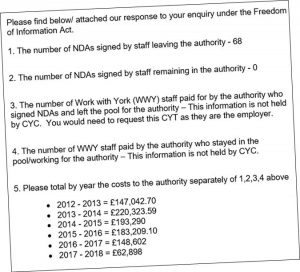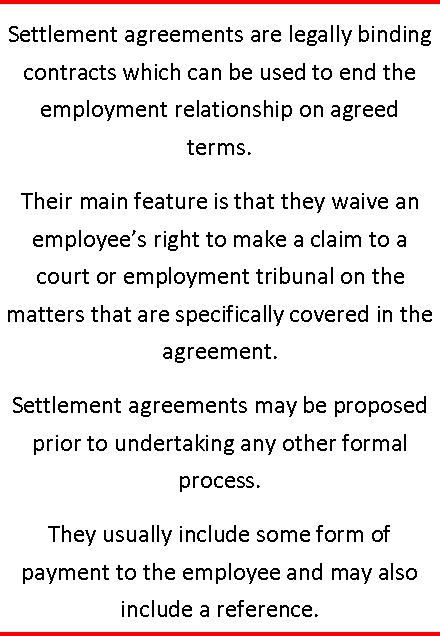
Secret papers considered last Thursday
One strange fact to emerge during Thursdays marathon meeting, which looked into allegations of misconduct against a local Councillor, was the fact that a key witness had signed a “Non Disclosure Agreement” (NDA).
The witness had been a former employee who had admitted a breach of the officers code of conduct. He faced dismissal but apparently “jumped ship” first. The terms of his leaving were not revealed but usually Non Disclosure Agreements are implemented when a payment of some kind has been made. They are intended to guarantee the silence of the individual concerned, unless any statements are made with the (former) employers agreement.
This proved to be slightly awkward on Thursday as the defence team had not been made aware of the NDA document before the day of the hearing.
Non Disclosure Agreements are common in parts of the private sector with companies trying to strengthen their intellectual property rights position. In return for their discretion, former employees enjoy a bigger payment than they were expecting.
We have commented before about the prevalence of compromise agreements, and the non disclosure deals that follow, at the York Council.
A compromise agreement is a legally binding agreement made either during or following the termination of employment. It is recognised by statute and is the only way an employee can validly “contract out” of their employment law rights. It usually provides for a severance payment, in return for which former employees agree not to pursue any claim or grievance to an Employment Tribunal.
A leading law firm says that the major reasons for using the compromise agreement (other than to settle an existing claim) are to “remove an employee on the grounds of poor performance or misconduct, to avoid legal challenge in redundancy situations and to make it easier to remove senior staff without embarrassment”.

Freedom of information response on Non Disclosure Agreements
The Council did some years ago lift the veil on the number of such deals that they had agreed to.
During a period of 5 years it entered into 41 such agreements. In the main these were aimed at preventing employees pursuing cases through an industrial tribunal (which in fairness can be an expensive process for all side involved)
More up to date figures were provided by the Council in response to a Freedom of Information enquiry in November 2018 (right).
They revealed that there had been 68 NDAs made during a 6-year period.
Payments should be authorised by senior Councillors who meet on most Mondays to consider redundancy applications .
A typical agenda for such a meeting can be found by clicking here. The meetings are held in private
There is a suspicion that, in parts of the public sector, NDAs have become the norm with some senior managers reluctant to challenge bad behaviour.
Instead they take the easy way out….. at substantial cost to taxpayers




